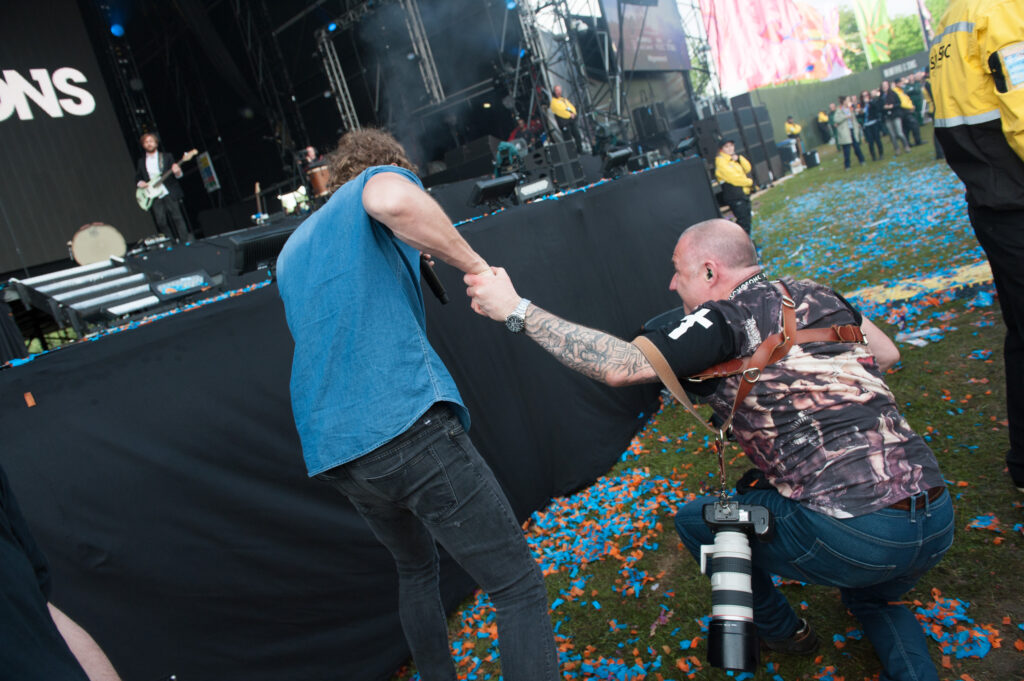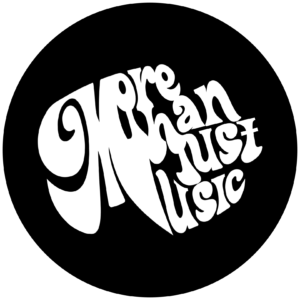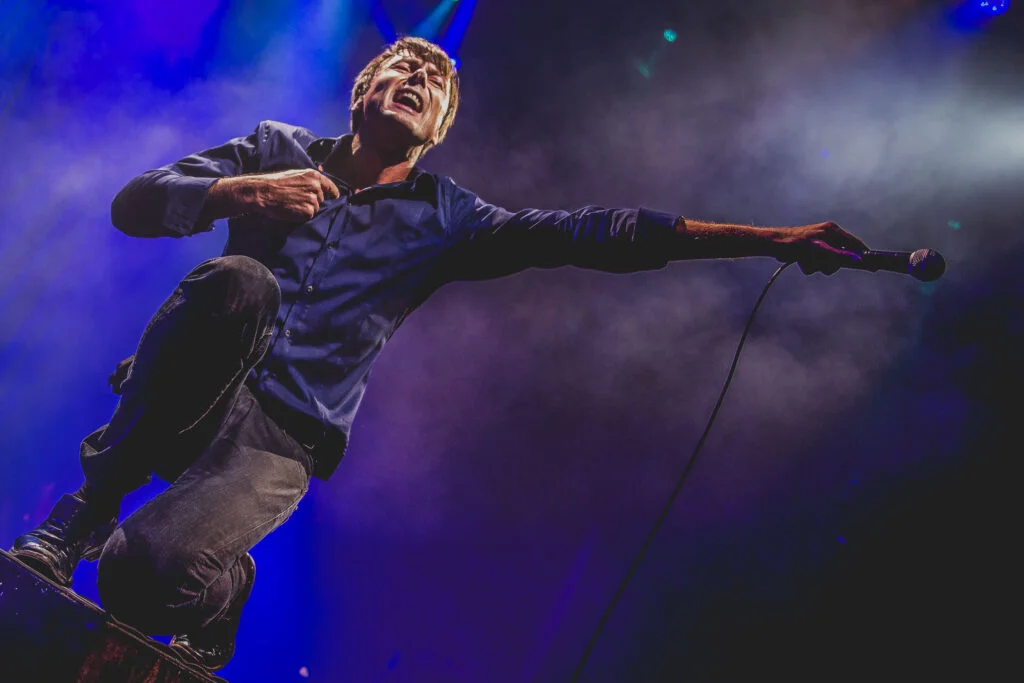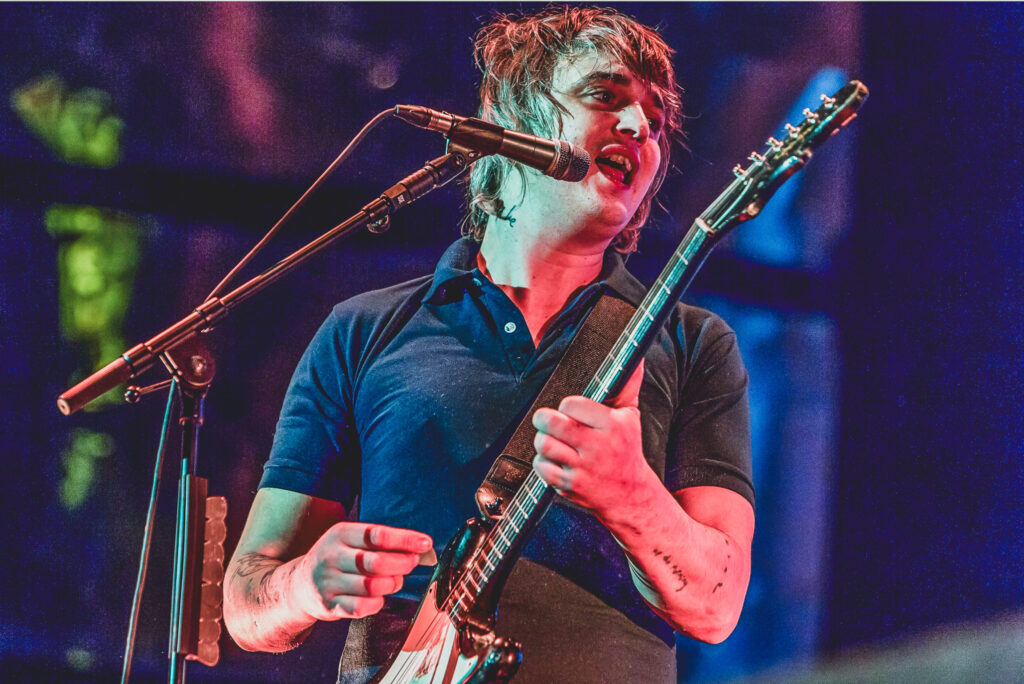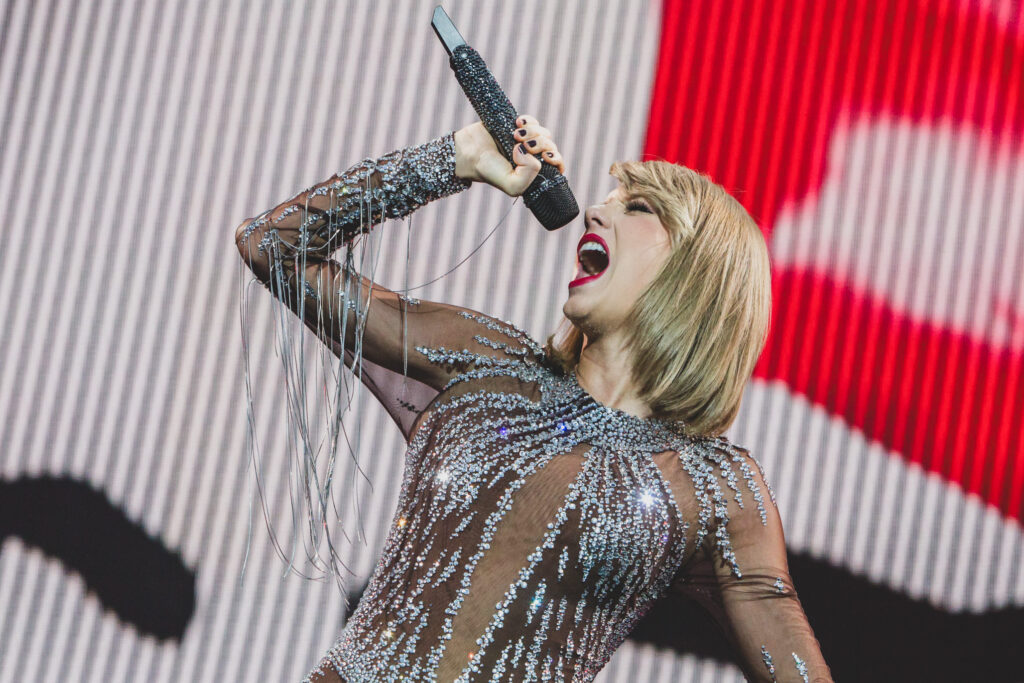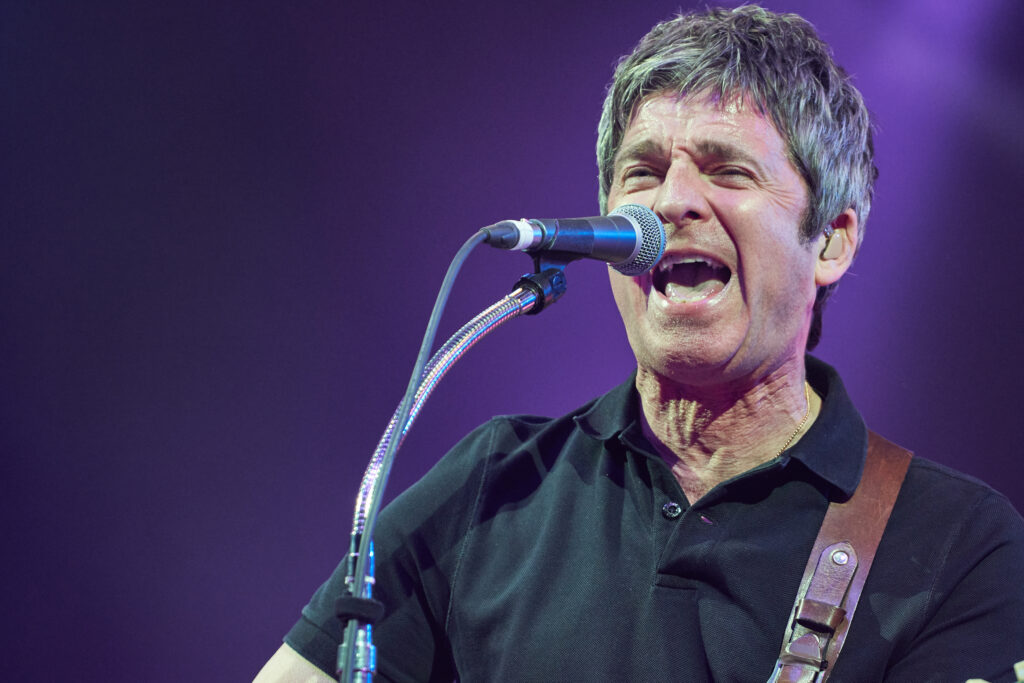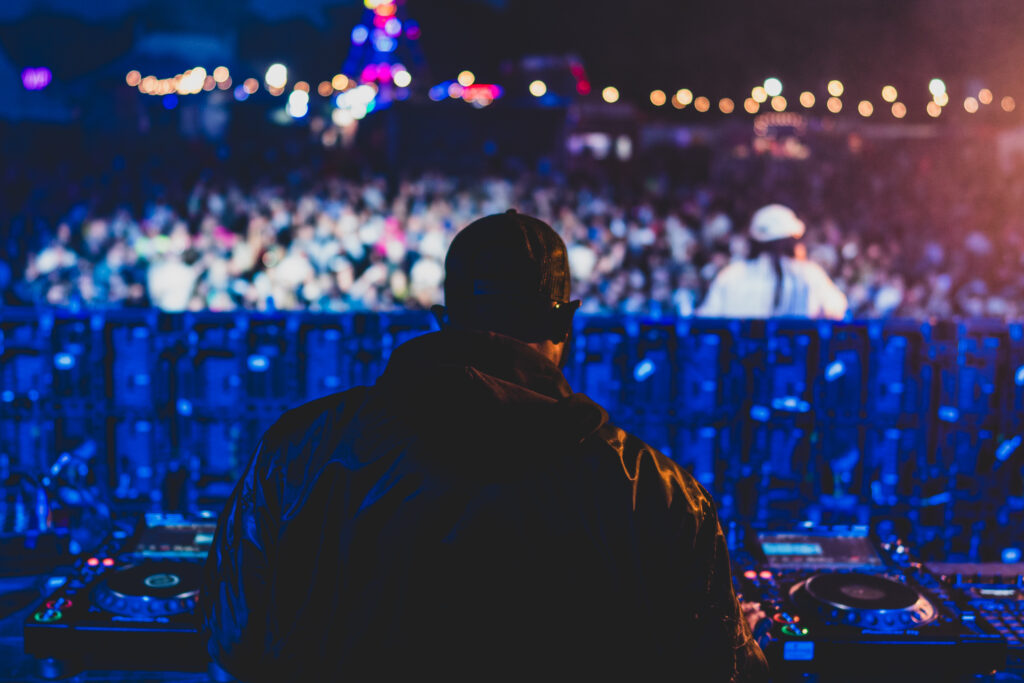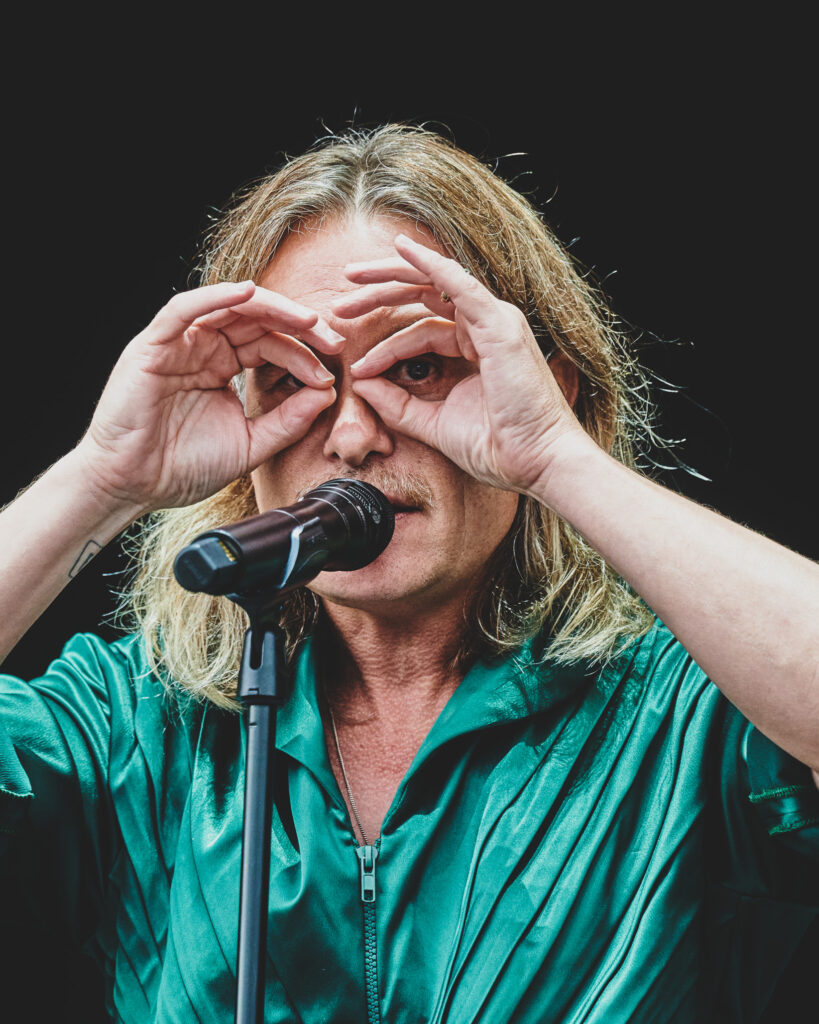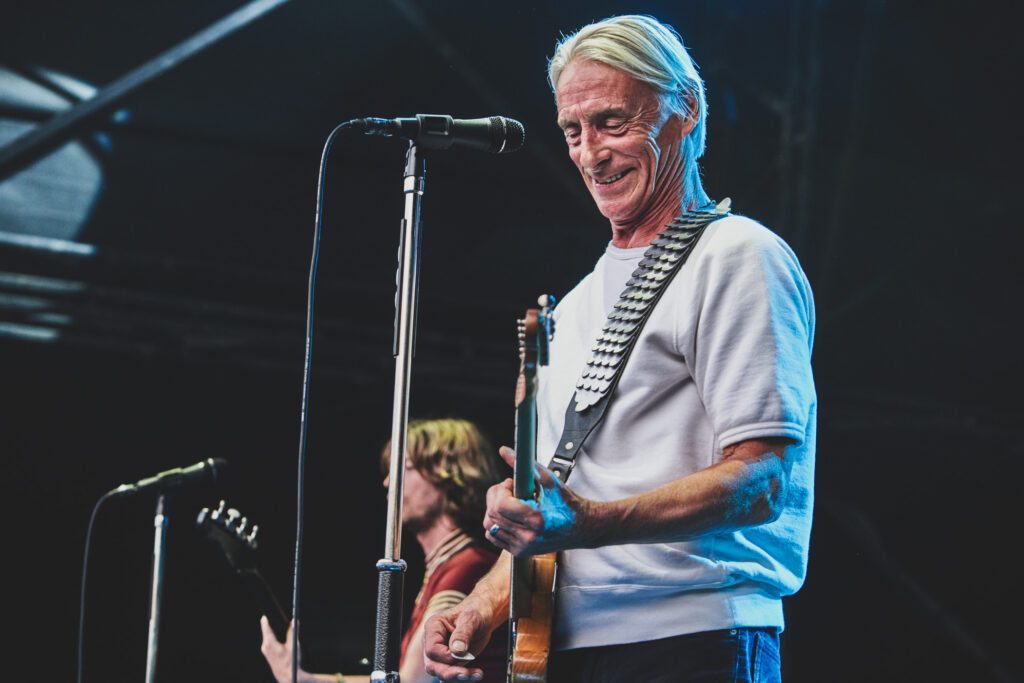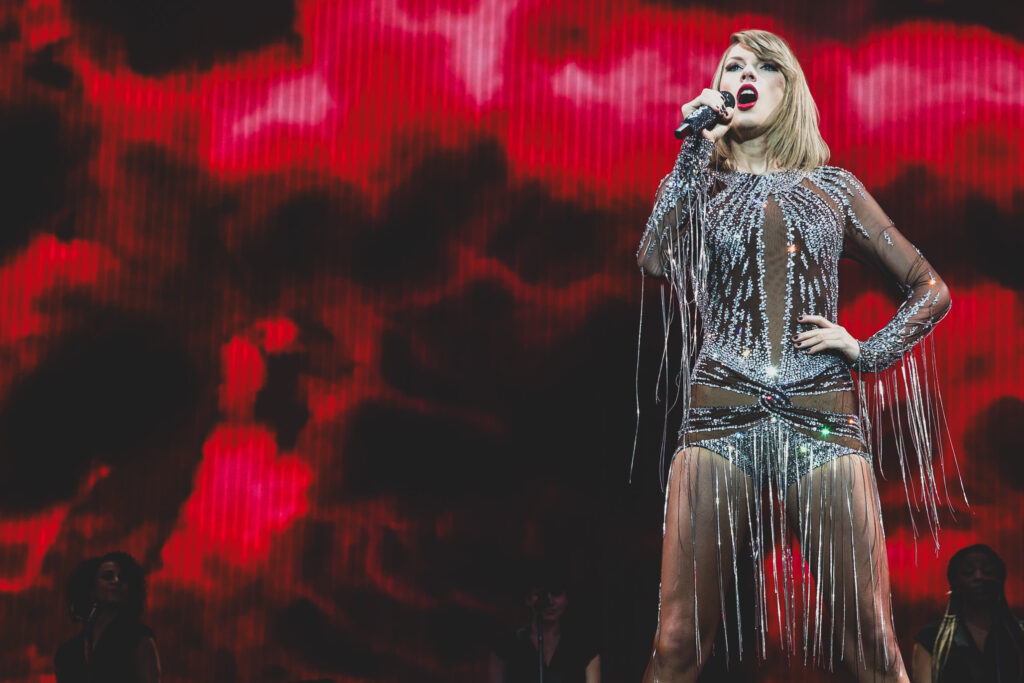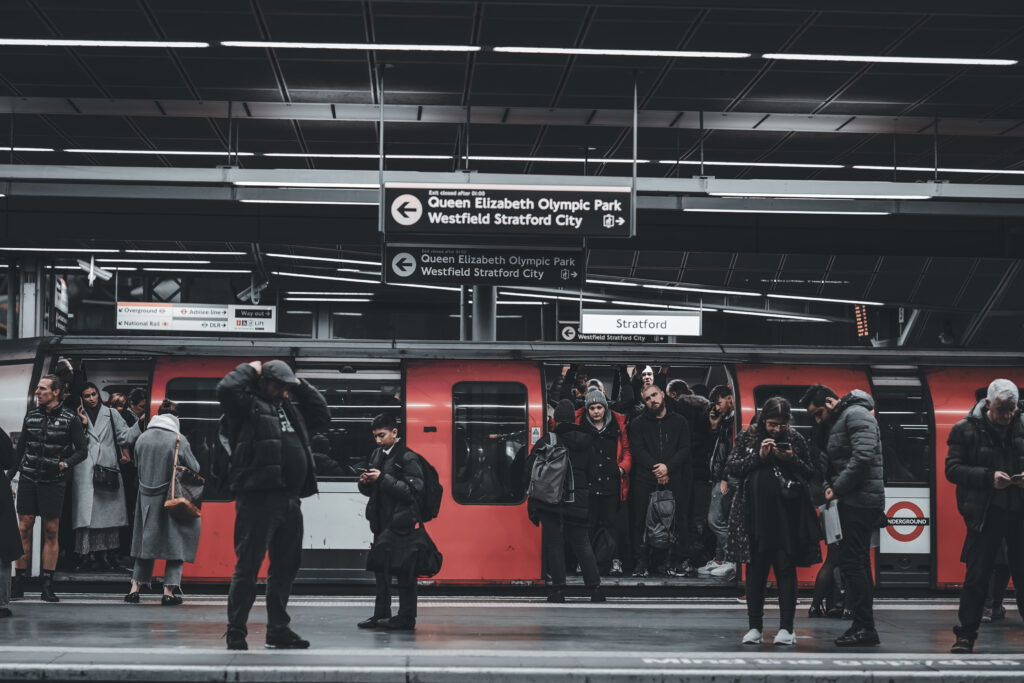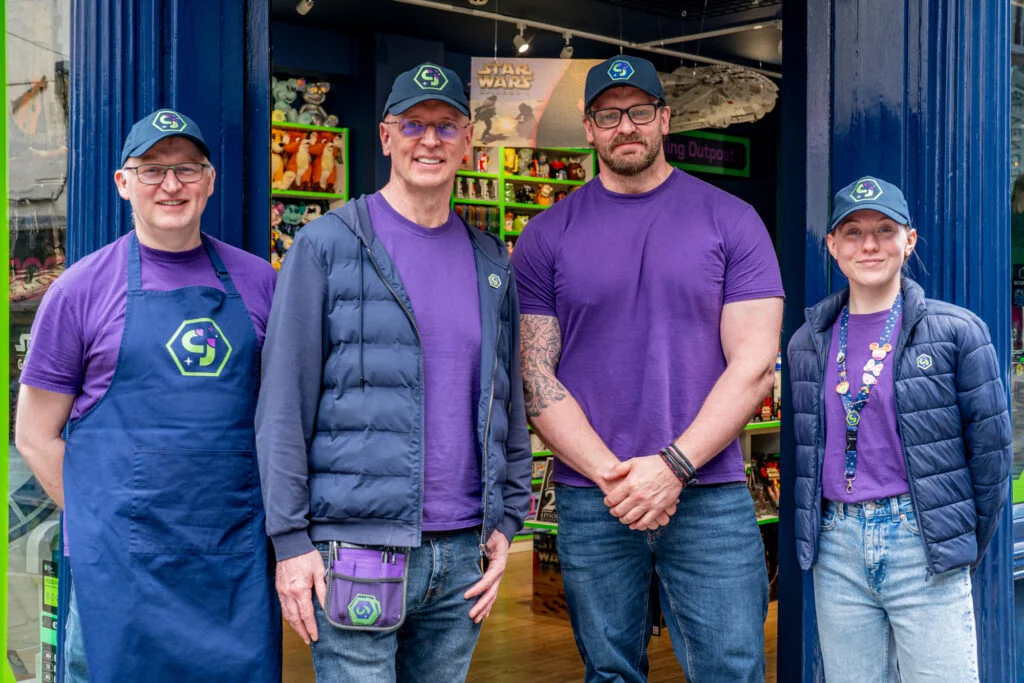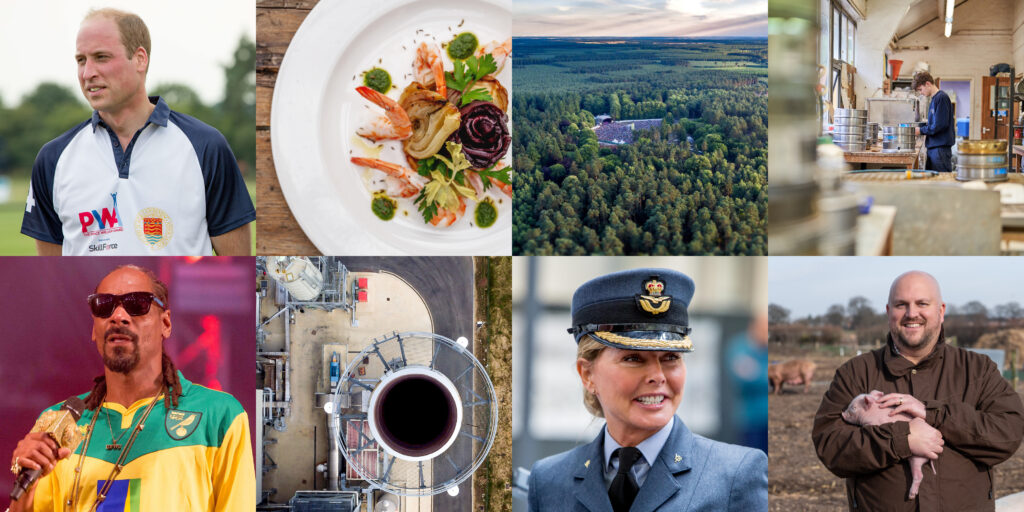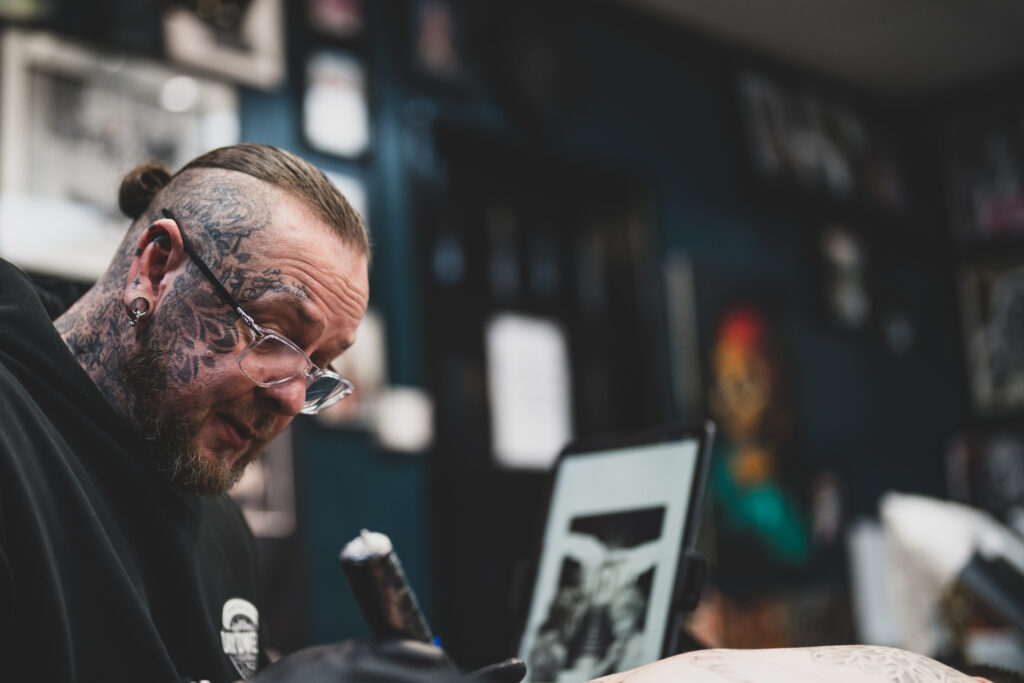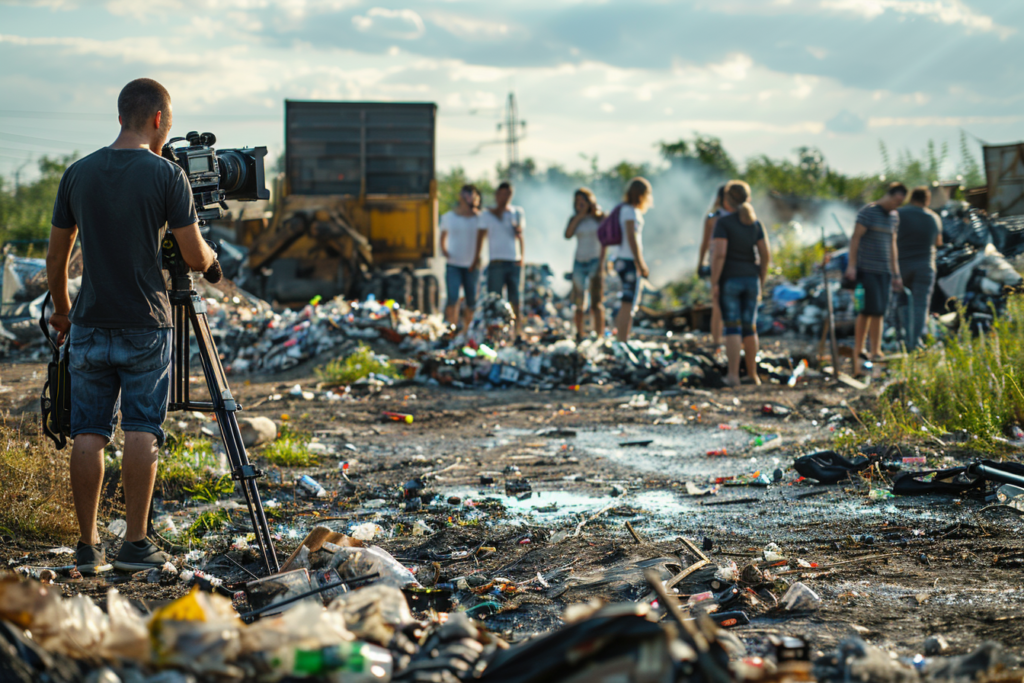So you want to be a Professional Concert Photographer.
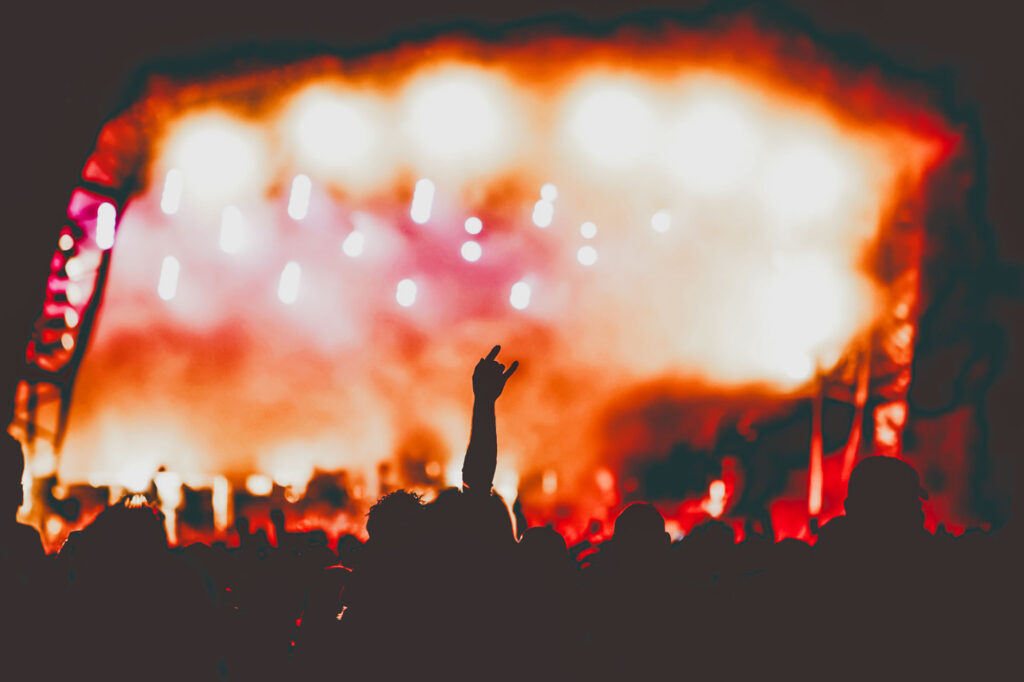
The kudos, the thrill, that old rock ‘n’ roll magic – it’s all there.
Imagine being in the moment, standing just feet away from your musical idols, surrounded by thousands of fans as the biggest bands in the world take to the stage. You’re a professional concert photographer and pr
You’d want to be there. I mean. Why wouldn’t you? The allure is undeniable. Capturing all that raw energy of live performances is a buzz that never dies for the Music Photographer.
It’s a seriously cool job to have. ‘More than Just Music’ is only a part of the Blanc Creative Commercial brand, but Music Photography has also played an integral part of my life and in 2024, I’m now officially back on the band wagon have resurrected my career as part of an International Press Agency.
it’s a job that’s open so many doors and for me, music photography is a relaxing downtime, where work and social lives cross for all the right reasons.
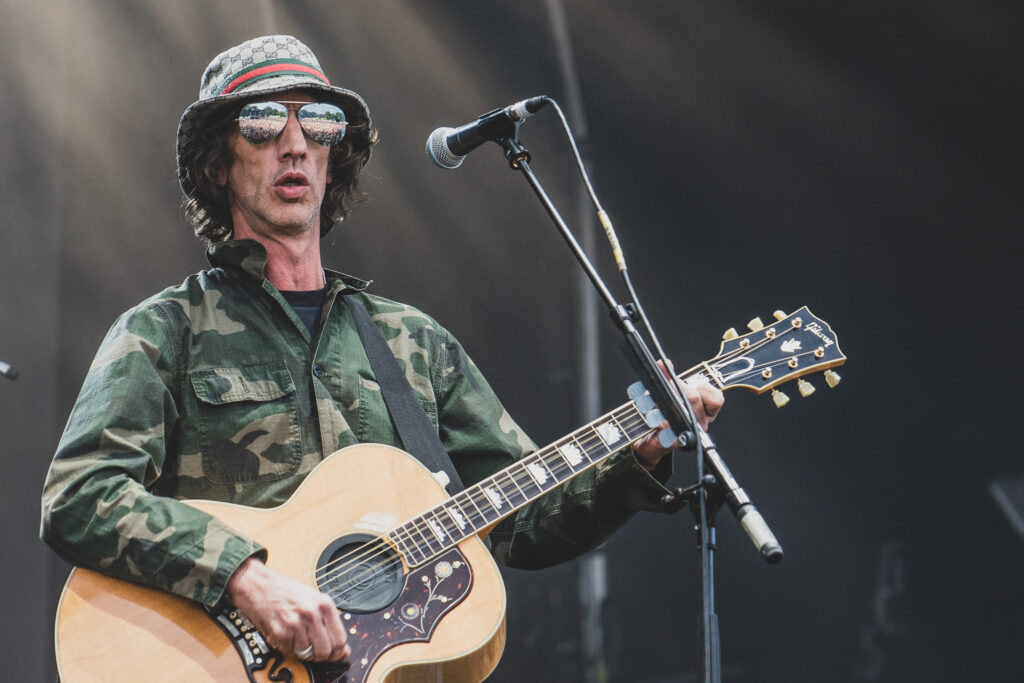
I’ve met some amazing celebrities and uber-cool global icons of the music world and had the chance to photograph them up close. I’ve been very fortunate and it’s something I’ve never taken for granted, even today after all these years.
There are so many photographers who would like even 1% of the exposure to the music industry I’ve had and the more you shoot, the more you want top shoot. It;s an addictive lifestyle, especially when you see your images in the press and get paid to watch artists up close and behind the scenes.
And then there’s the memories and those moments that stick in your mind forever.
It’s not every day that you get to tell the story of how very soft, the hands are of Dan Reynolds from Imagine Dragons.
How do I know! Because he was out singing to the crowd and he picked me off the floor live on BBC TV, after I slipped over in front of him when it was wet.
Dan Reynolds picked me off the floor and all I remember was how soft his hands were as Tried to hide the embarrasment and make the whole thing look cool as another photographer in the pit captured my fall.
But behind the lens, the kudos, the anecdotes and stories, lies a world of challenges and hard work that few see.
Breaking on the scene as a Professional Concert Photographer. Maybe it was just the right place and the right time.
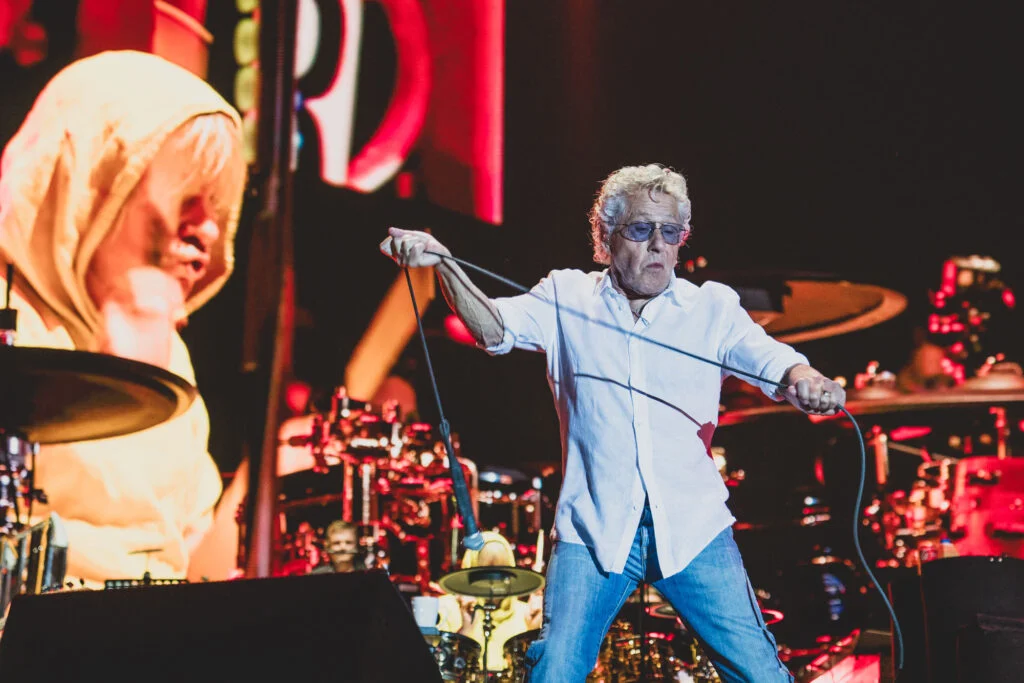
From the highs of front-row access to the lows of industry hurdles, there may even be a few tips for those wanting to enter the cutthroat world of gig photography.
All I say is… just keep an open mind.
A little bit about me, my business and getting into the industry as a commercial photographer.
I’m Lee Blanchflower, and I’ve spent the last decade living my dream as a full time commercial photographer, a creative video producer and a Professional Concert Photographer.
Through my company, Blanc Creative, I’d already established myself as a Norwich Commercial Photographer and I’d had the pleasure of winning the SWPP Travel Photographer of the Year Award backing 2013.
Having a bit of a photographic pedigree and a good portfolio of work is always a great starter, but it also helped, that 25 years ago, I worked in a shop with a guy called Steve Barney, who was a good friend.
A few years later, Steve became a world class drummer, working across the globe ever since, with international artists including Annie Lennox, Anastacia, Mike + The Mechanics, Gianna Nannini & Japanese legend, 布袋 寅泰 HOTEI
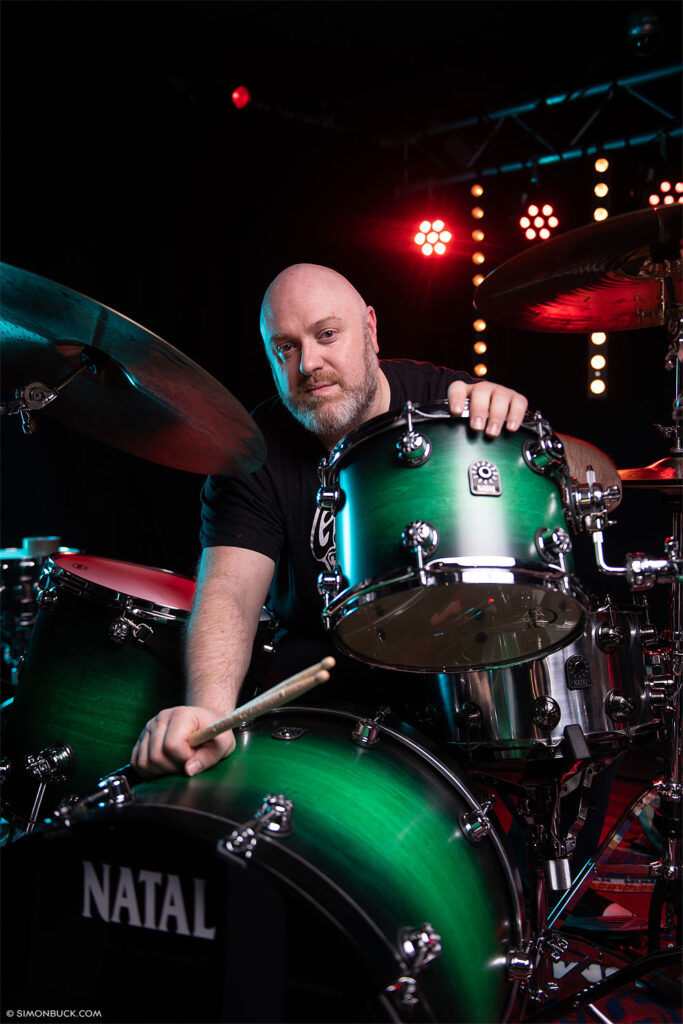
Steve had played at the global Live 8 Concert, appeared on multiple TV shows and was a session drummer who appeared on Albums for people like Jeff Back and playing alongside Pink Floyds Nick Mason.
In a twist of fate, I’d re-connected with Steve while he was drumming for ‘The Wanted’ and he invited me along to spend a day with him and the band at a concert, photographing their set at ‘Love Luton’
Around the same time, I pulled a favour off another great friend and photographer, who was working as Picture Editor for a local Newspaper.
Forest Live Concert Photographer 2013
Paul Weller has always been my music hero and he was performing in the Forest for Forest Live Concerts run by Forestry England. I was given the assignment to shoot the gig in 2013.
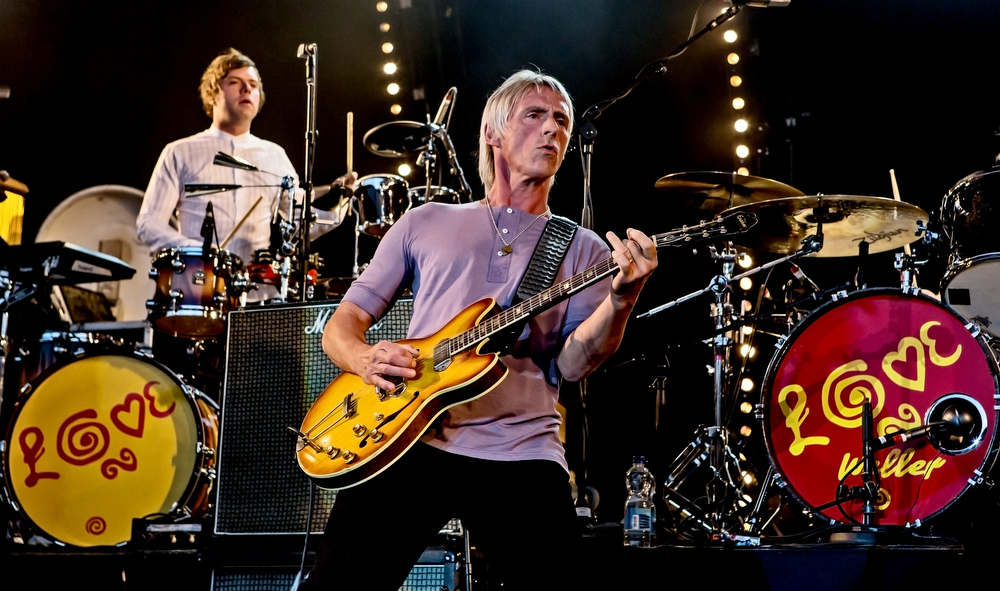
I’ve been the official Forest Live Photographer for the past eleven years and photographed Paul Weller for a third time in 2023 on my 10th anniversary of working these amazing concerts.
I’ve documented some incredible music moments and work in the capacity as a freelancer press photographer for an international agency, running my own music photography business and working as in-house photographer for a number of well established Music Festivals.
Our initiative, ‘More than Just Music,’ epitomises our commitment to capturing the essence of concerts and larger festivals both with still imagery and delivering creative video content for a really diverse range of concerts and festivals.
It would be great to paint the picture of a rock n roll lifestyle, hanging with the bands to get those iconic images that wil be rembered for eternity, but those moments are genuinely few and far between.
I’ve repeatedly had conversations with friends who work in the industry full-time in London, where concerts, gigs and premier’s are abundant, and the emerging message is that the further we move forward in time, the more the days of the music photographer shooting concerts and syndicating images as a freelancer, could slowly become a thing of the past.
Time to shed some light on the world of the Professional Concert Photographer and what it truly means.
Firstly, we need to ask, What Makes a Great Professional Concert Photographer?
Being a great concert photographer isn’t just about owning a fancy camera or having access to the best gigs. It’s about an innate ability to anticipate moments, an eye for detail, and a passion for music that resonates through every shot.
Finding a genuine connection with music sets great concert photographers apart from the average. It’s about feeling the rhythm, understanding the artist’s style, and conveying the emotion of the performance through your lens.
You have to anticipate the artist’s moves, predict the lighting changes, and capture the fleeting moments that define the performance.
Concert photography is all about being in the right place at the right time. It’s having knowledge about how an artist stands, what side they hold the microphone on the stand and whether they like to perform in front of the camera.
These little traits can make the difference between killer photography and missing a shot that could earn you money through syndication.
Having a sixth sense to know where to stand for a shot that’s a bit different, is a skill you learn over time.
However, Sometimes those amazing images are more luck than judgement.
Knowing your gear inside out is crucial.
This is the BIG one. From mastering different camera settings to understanding how to work with challenging lighting conditions, a concert photographer must be technically proficient.
The rapid pace of live performances doesn’t allow for second chances. You get a limited period in the pit.The general protocol for a concert photographer is ‘Three songs – no flash.’ That’s what it’s always been. The last thing you wanted is to leave the photography area and find your images are all badly under-exposed or you’ve shot them on a slow shutter speed and every shot is blurred. Have a good camera for low light, shooting on a fast flash card with a good quality f1.2 or f2.8 lens is going to give you a distinct advantage.
A few of the Lows of being a Professional Concert Photographer.
The dreaded contract.
The words, “There’s a contract to sign…” can make the difference between a professional concert photographer agreeing to attend a concert or giving it a massive swerve. Restrictions can stifle creativity and limit opportunities for photographers.
Large festivals are frequented by 100’s of press photographers and it’s not uncommon to turn up at the press tent and find the Pit is closed for all the headliners and even some of the artists that often leave photographers going….
“WTF. Why the hell can’t we photograph them.”
On the other hand, there are multiple artists that have contracts in place for photographers to sign, for example, agreeing that no images will be syndicated or images can only be published in named editorial publications.
Contracts may stipulate specified usage periods only when being used for news articles in publications or even agreement to send all images to the artists management immediately after the concert to receive approval for use. That’s quite common now.
On the extreme ends, there are a number of artists (who I won’t name) who have very strict protocols, such as’
Photographers need to stand in one position on one particular side of the stage and must only photograph the artist from head to toe. (No close-ups will be authorised) or
Photographers agree to waive all rights to the images they taken and transfer ownership to the artist, who can use the imagery for any merchandising or professional use without permission.
I’ve even shot as an official photographer from the side of stage and been advised “Whatever you do, don’t make eye contact with them while they’;re performing because they’ll be seriously pissed at you.” That’s probably been one of the most random.
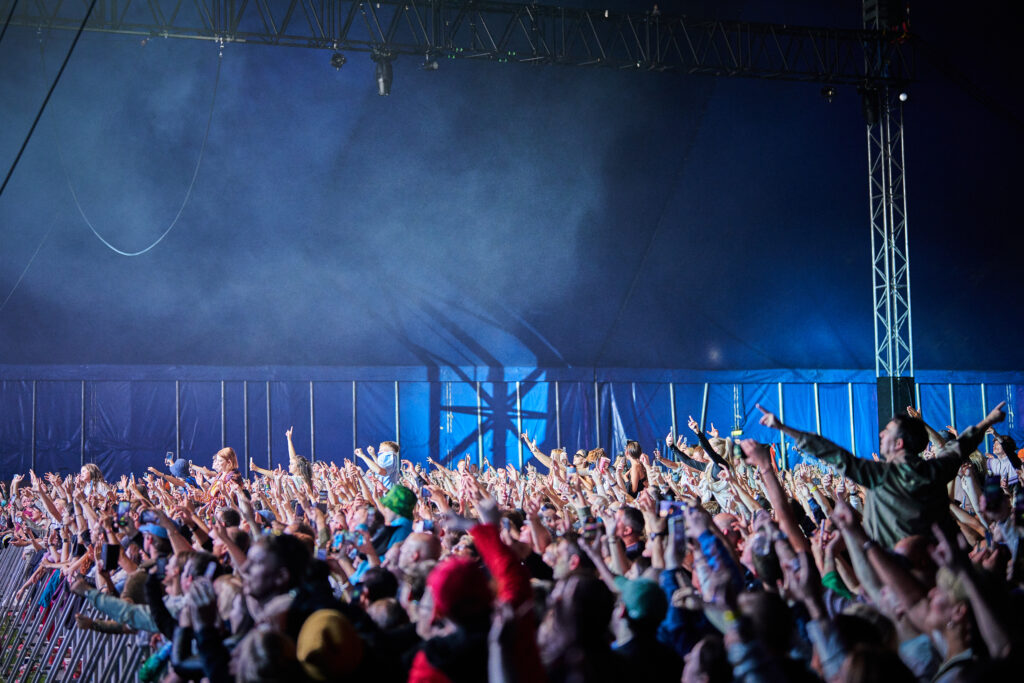
These types of stipulations are all good in principle, if you’re not. trying and relying on earning a living as a Professional Concert Photographer.
The Weekend Warrior, who I will touch on shortly, will often agree to any terms imposed.
This can be damaging for freelancers, but sets a precedence for artist management to come up with more and more obstacles for shooting artists. which is strange, because early on in their carers, before fame comes calling, many up and coming artists of tomorrow, are usually thrilled for a professional photographer to capture a gig in front of 30 people in a small venue, but this is often forgotten as careers take-off. Many of the restrictions are imposed ny management and not artists, but regardless of who sets the terms, contracts can be onerous, tiring and be costly to freelancers and staffers who rely on images sales to earn a living.
The Contract Flip Side
Occasionally, artists go for the extra mile for a Professional Concert Photographer and are absolutely fantastic.
One example, who I will happily mention, is Danny from The Script. I’ve photographed ‘The Script’ a number of times and while watching his sound check during the afternoon of their concert.
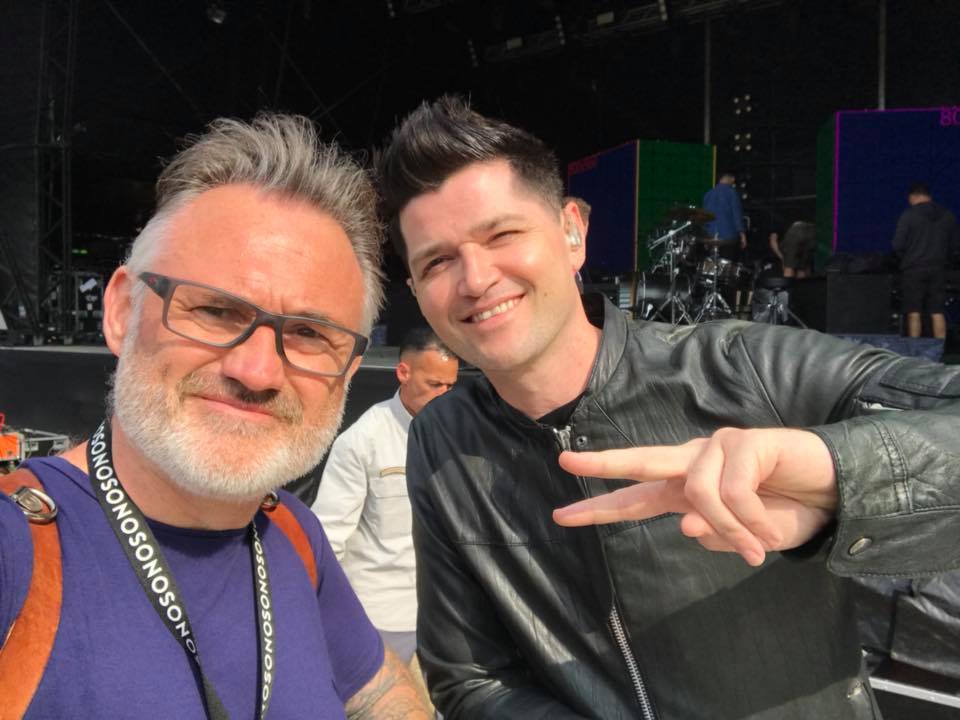
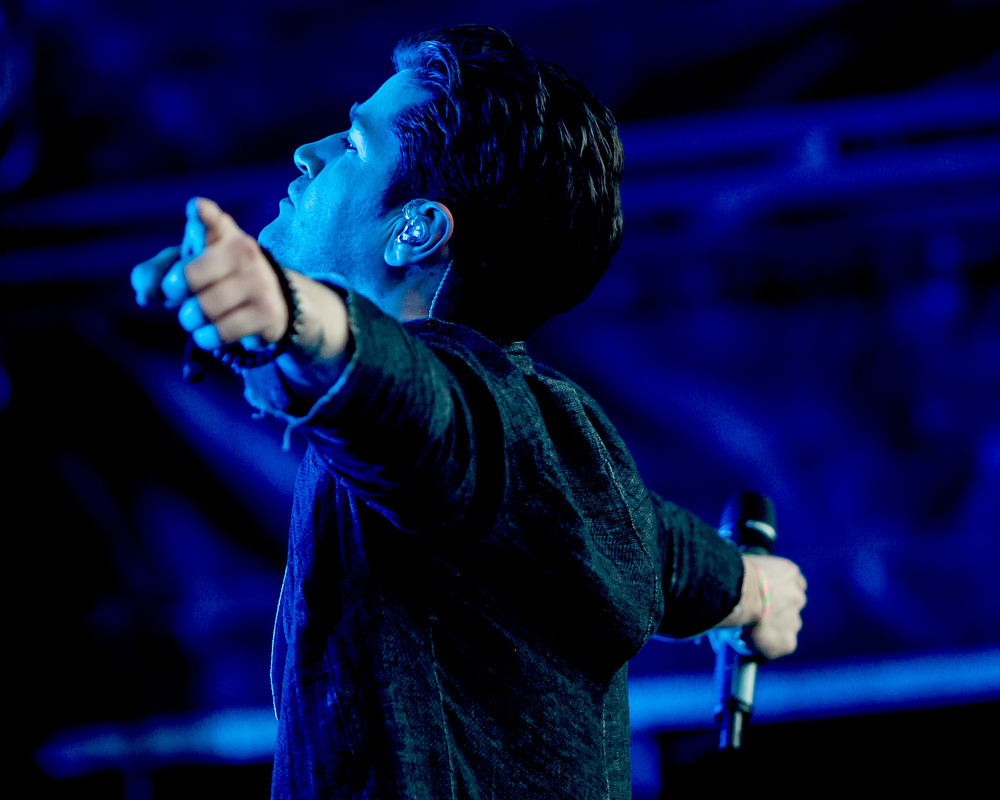
I asked Danny if he was going too be in the crowds during his first 3 songs, because the last two occasions I’d photographed him, that’s exactly what I’d shot.
Danny said my images were in the wall in his dressing room backstage but he was planning a later song to be in the audience and told me her was intending to go right out into the crowds.
With that he said, “Come with me.’ I went backstage with him and he took me to his production manager and said “Give this man a pass to b=e in the pit for the whole of my set, not the usual three songs.”
This type of act of kindness is incredibly rare and re-enforces that there are musicians and bands who still value music photographers documenting their concerts and on-stager performances.
Being a concert photographer is a rollercoaster of highs and lows. The thrill of capturing iconic moments and the joy of being immersed in the music are balanced by the physical demands, financial challenges, and industry restrictions. Here’s how I navigate this complex terrain.
The lows of Professional Concert Photography
The ‘Weekend Warrior’ Problem
A significant issue facing professional concert photographers today is the rise of the ‘weekend warrior.’
At the risk of alienating myself from photographers trying to gain access to the industry, there is a growing rise ion individuals who typically have full-time jobs in non-photographic capacities, offer to shoot concerts for free in exchange for access.
While their passion for music and photography is commendable, this practice has led to the devaluation of the profession.
This impacts negatively on Professional Photographers. When venues and promoters can get images for free from amateur photographers, it becomes increasingly difficult for skilled professionals to command fair rates for their work.
This trend has eroded the market, making it challenging for those who rely on concert photography as their primary source of income to sustain their businesses.
While the weekend warrior may be suitable for some music venues, the consistency and quality of work from seasoned professionals are unmatched.
Professional photographers invest in high-end equipment, have years of experience, are in possession of all important public liability and professional indemnity insurance and have the the skills needed to deliver high quality images under varying conditions where pit protocol is essential.
Long Hours and Physical Demands
Being a Professional Concert photographer is physically demanding. The hours are long, you’re on your feet all day and it’s not uncommon to walk ten miles in a day moving between stages at larger festivals. You need to contend with unpredictable changes in weather.
You’ll travel long distances, work until late in the night our early hours of the morning.
The job requires stamina and endurance, especially during music festivals or multi-day events.
Syndicating concert photography is about shooting high quality images, bylining and uploading to your agencies FTP as quickly as possible to increase the chances of publications purchasing your photographs.
Having a dedicated wiring assistant means you can offload your content and head off to the next stage or set while your assistant deals with the task of uploading.
Without an assistant, not only are you constantly running from stage to stage, but also having to deal with multiple image processing. The uninitiated think that being a Professional Concert Photographer is a breeze often have a very big wake-up call when they attend their first weekender or event that has multiple stages, with acts performing at the same time.
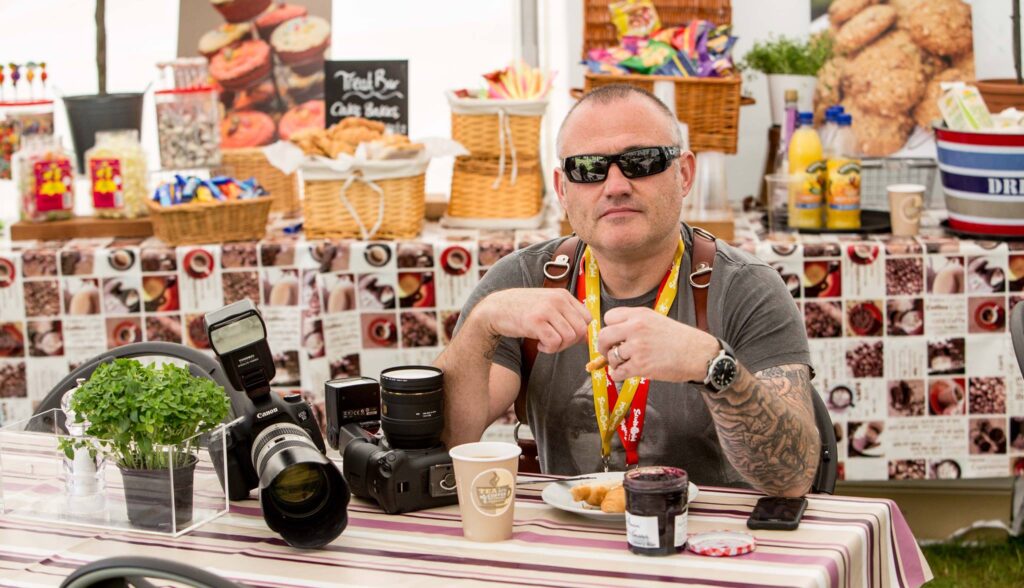
Costs of Getting to Events
Traveling to events can be costly. Concert photographers have had many expenses cut as the cost of living rises and businesses strip back on their budgets.
Unless you’re working as an in-house photographer for larger concert or festival, music photographers often have to cover their own travel and accommodation expenses, which can add up quickly.
Balancing the passion for the job with financial sustainability is a constant challenge, especially with press agencies changing how they operate, often paying less and taking a substantial cut from earnings of syndicate images submitted by a Professional concert photographer.
This shift has made it harder for new photographers to make a living solely from concert photography.
The Highs of being a Professional Concert Photographer
Working as a Professional Concert Photographer is a phenomenal job with the highs well outnumbering the lows.
In fact, there are so many, we’ve put together the second part of this article solely dedicated to why I love working in the industry, so if you;re interested in reading on simply click HERE
More than Just Music was founded by Lee Blanchfower of Blanc Creative, a commercial photographer, video producer and press photographer for the music sector.
To find out more about Blanc Creative and to view our gallery of music, bands and festivals, simply click the logo below…

